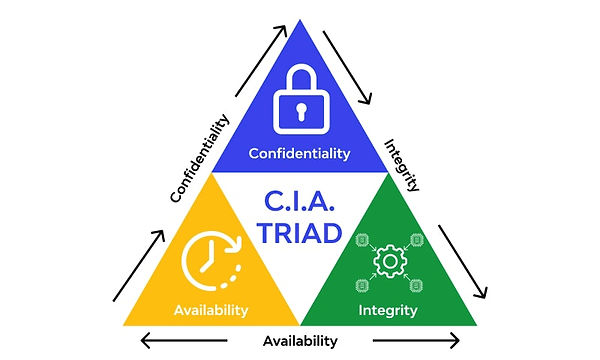
CYBER SECURITY
GV Group delivers comprehensive Penetration Testing Our unique approach makes use of manual as well as automated vulnerability discovery methods aligned with industry best practices. We execute in-depth manual penetration testing and provide you with both offline and online reports. We retest your fixes and certify you for executing a Penetration Test.
Our IT Security professionals perform deep, high-quality and tailored security assessments using dozens of proprietary systems and algorithms supported by large scale analysis of advanced threats using a dynamic, robust database of malicious codes.
We integrate deep research into our services, from the invention of innovative technology to the creation of custom-made malware and exploits to maximize our assessment capabilities.
We perform a full assessment of your security environment to find any existing holes and to eliminate the most serious vulnerabilities from the most valuable assets. We help you on both short-term remediation and long-term strategic planning.
Our methodologies and processes bring a deep and broad industry expertise from over two decades of cybersecurity experience to help you mitigate your risk while minimizing your investments to build a solid security posture. We work as part of your internal security team, adjusting our services to fit your needs.
GV Group performs accurate internal and external assessments, authenticated and non-authenticated, across network devices, servers, endpoints, web applications and databases, either on premise or in a cloud environment, to help you manage your risk and improve your security posture.
We have a team of subject-matter experts to make sure your employees are aware of the latest security trends.
With today’s advanced threats, rapidly changing malware, and a constantly shifting legal and regulatory landscape, it’s essential to clearly understand the risks associated with your IT assets. While a third party may already be conducting your security testing, it might be time for a new perspective—because not all IT security testing is the same.
What is a security risk assessment?
Cybersecurity risk assessment is the process of identifying and evaluating risks for assets that could be affected by cyberattacks. Basically, you identify both internal and external threats; evaluate their potential impact on things like data availability, confidentiality and integrity; and estimate the costs of suffering a cybersecurity incident. With this information, you can tailor your cybersecurity and data protection controls to match your organization’s actual level of risk tolerance.
To get started with IT security risk assessment, you need to answer three important questions:
-
What are your organization’s critical information technology assets — that is, the data whose loss or exposure would have a major impact on your business operations?
-
What are the key business processes that utilize or require this information?
-
What threats could affect the ability of those business functions to operate?
Once you know what you need to protect, you can begin developing strategies. However, before you spend a dollar of your budget or an hour of your time implementing a solution to reduce risk, be sure to consider which risk you are addressing, how high its priority is, and whether you are approaching it in the most cost-effective way.
The following are likely needs for any company or organization:
Governance - from this stem various standards, minimum security requirements, and policies. Once this is in place internally, management maintains and updates internally with minor assistance from outside vendors.
Practical application (testing) - commonly in this area NPI will perform testing addressing the external and internal threats to a company.
Review & Evaluation - this last stage allows for any ‘tweaking’ on certain issues found within the infrastructure. Developments may be determined to be needed out of this stage. Management will also be able to accept certain risks that the environment may deem acceptable.
Importance of regular IT security assessments
Conducting a thorough IT security assessment on a regular basis helps organizations develop a solid foundation for ensuring business success. In particular, it enables them to:
-
Identify and remediate IT security gaps
-
Prevent data breaches
-
Choose appropriate protocols and controls to mitigate risks
-
Prioritize the protection of the asset with the highest value and highest risk
-
Eliminate unnecessary or obsolete control measures
-
Evaluate potential security partners
-
Establish, maintain and prove compliance with regulations
-
Accurately forecast future needs
Computer systems must be protected on two fronts: from the inside and from the outside. Not long ago, computer crime experts estimated that more than two-thirds of all computer attacks and unauthorized access were committed by internal personnel.
While internal attacks remain a serious issue, the level and sophistication of outside security threats have greatly increased. Using attack techniques such as social engineering, web application exploits and custom malware, attackers are bypassing external controls like firewalls with increasing levels of success.
Contrary to what many believe, security testing isn’t a commodity service. Real differences exist in capabilities and depth of testing, but the most drastic differences don’t stem from purely technical factors. Rather than addressing a catalogue of technical findings as the final goal, security testing that delivers real value uses technical methods and results to support business-level risk management.

